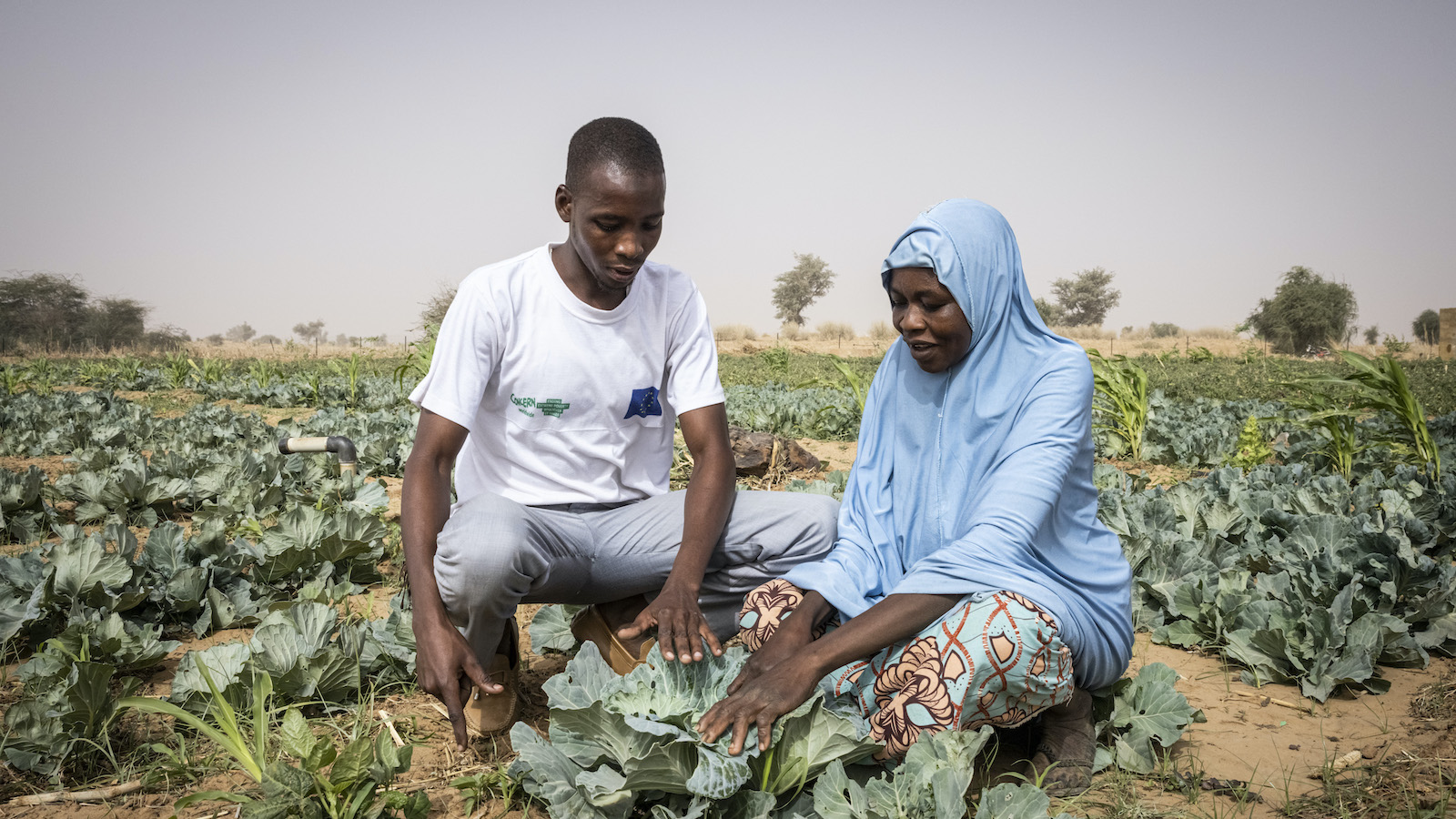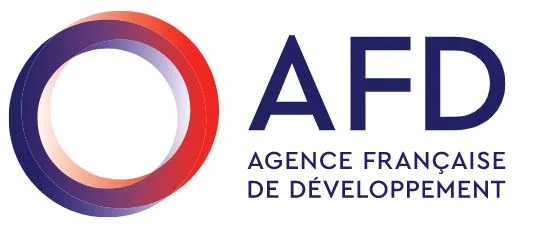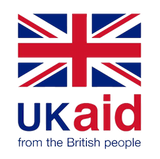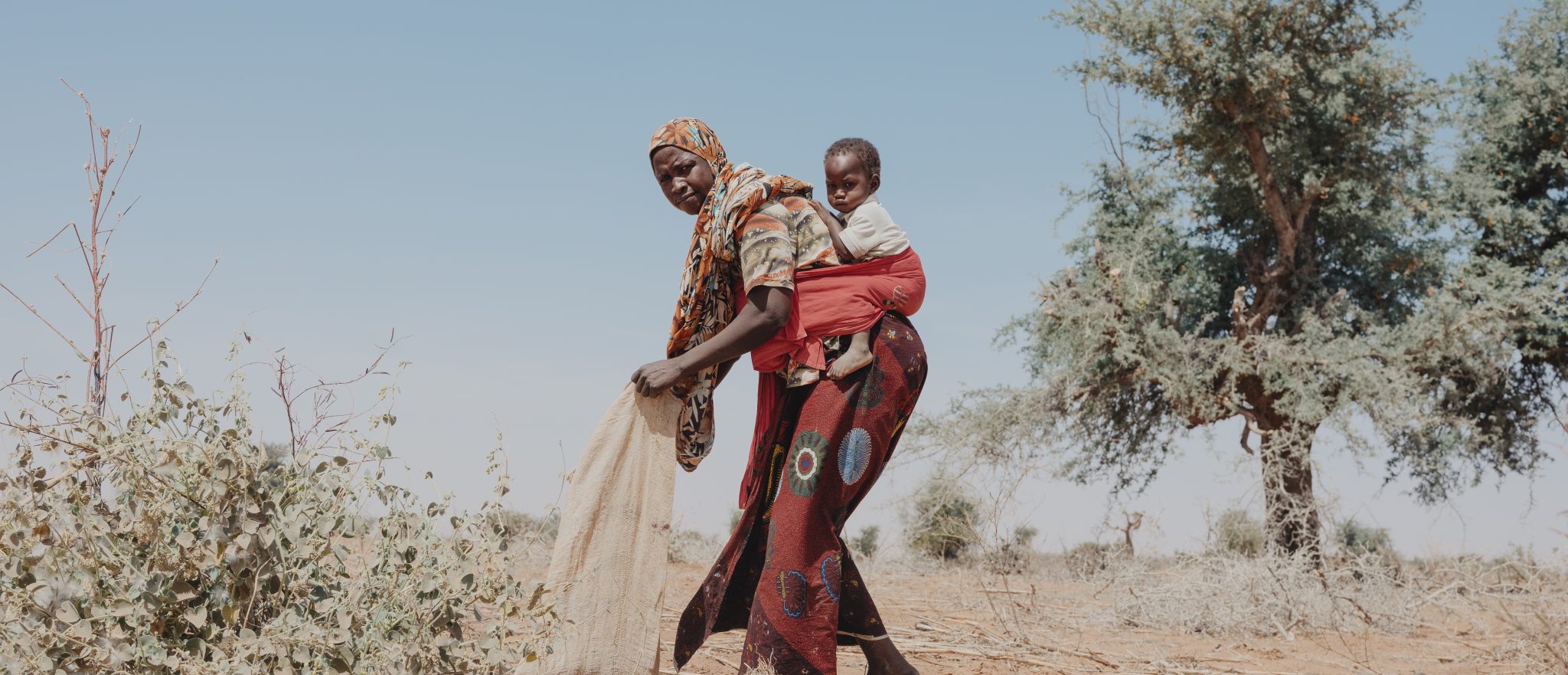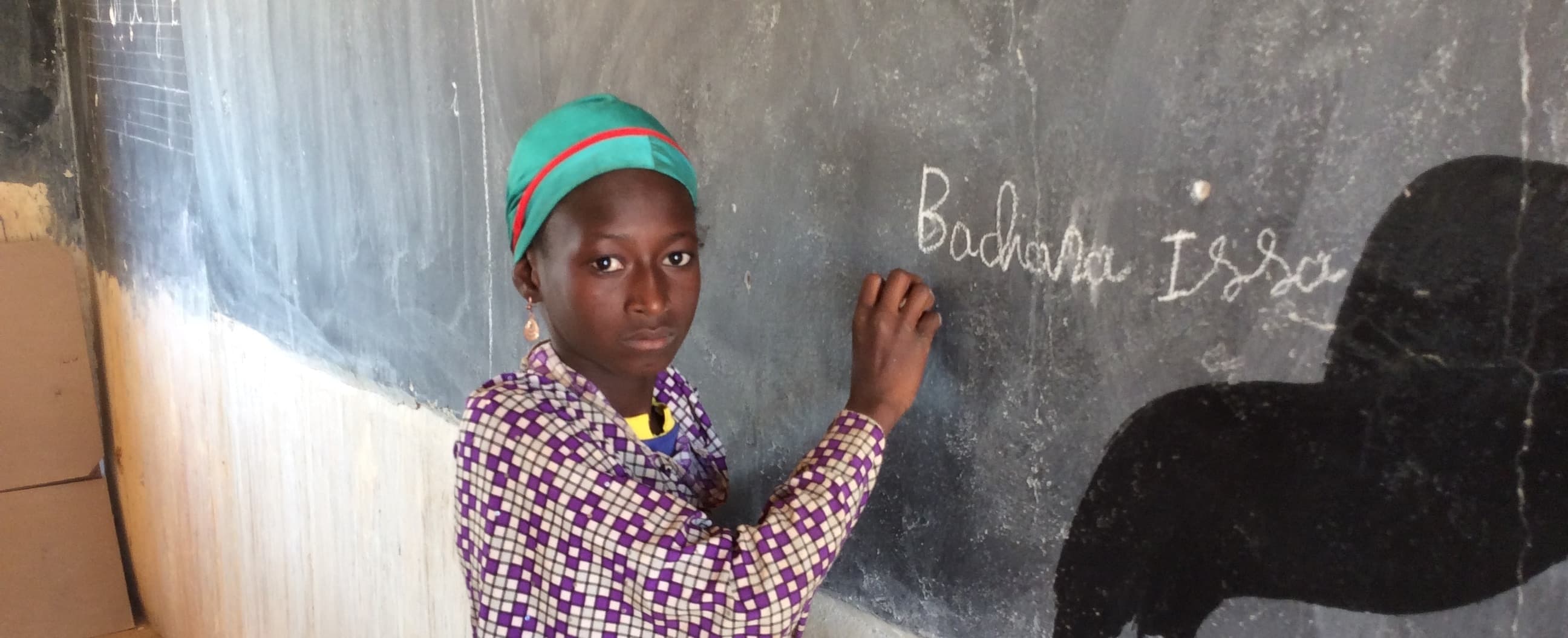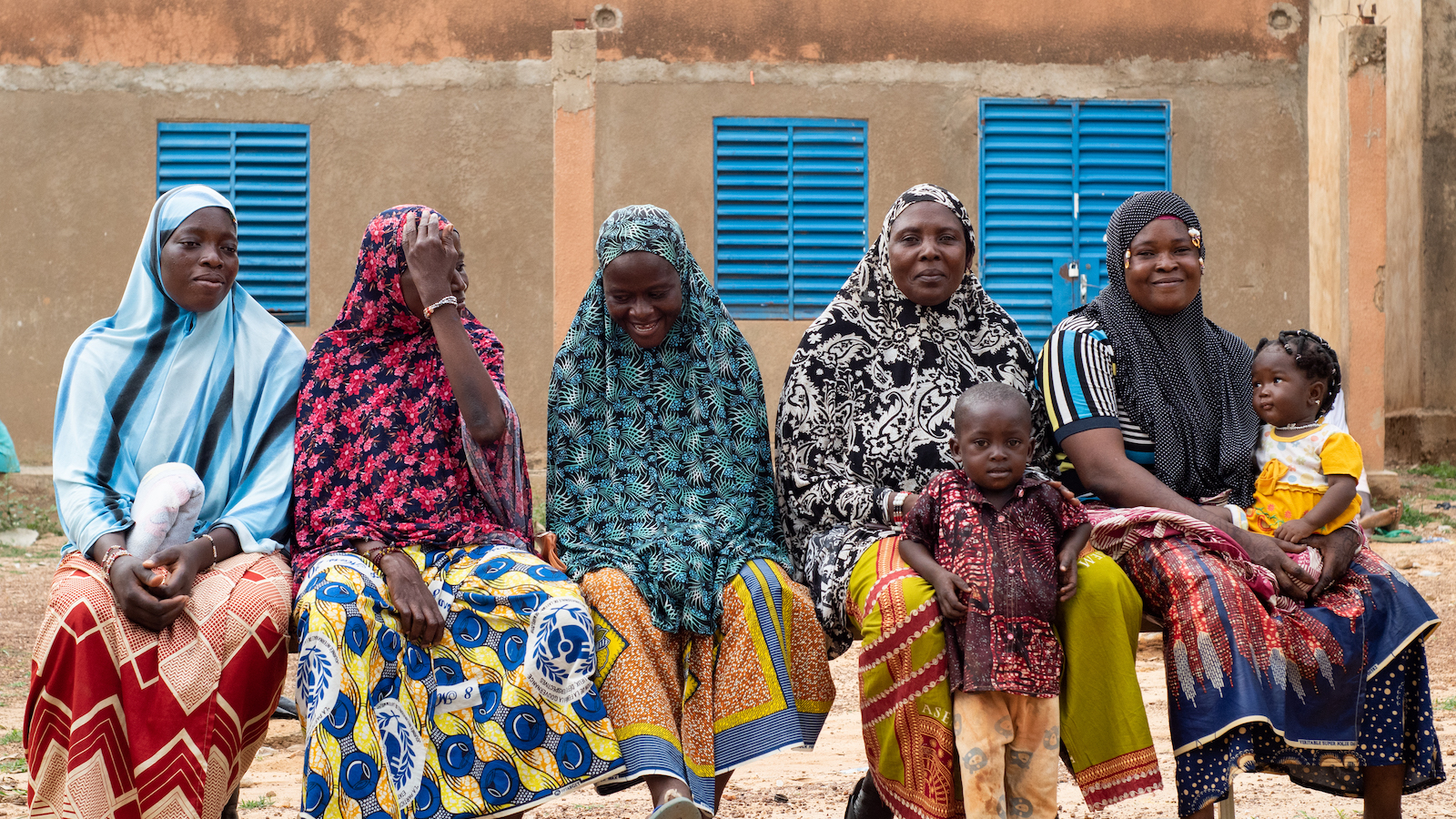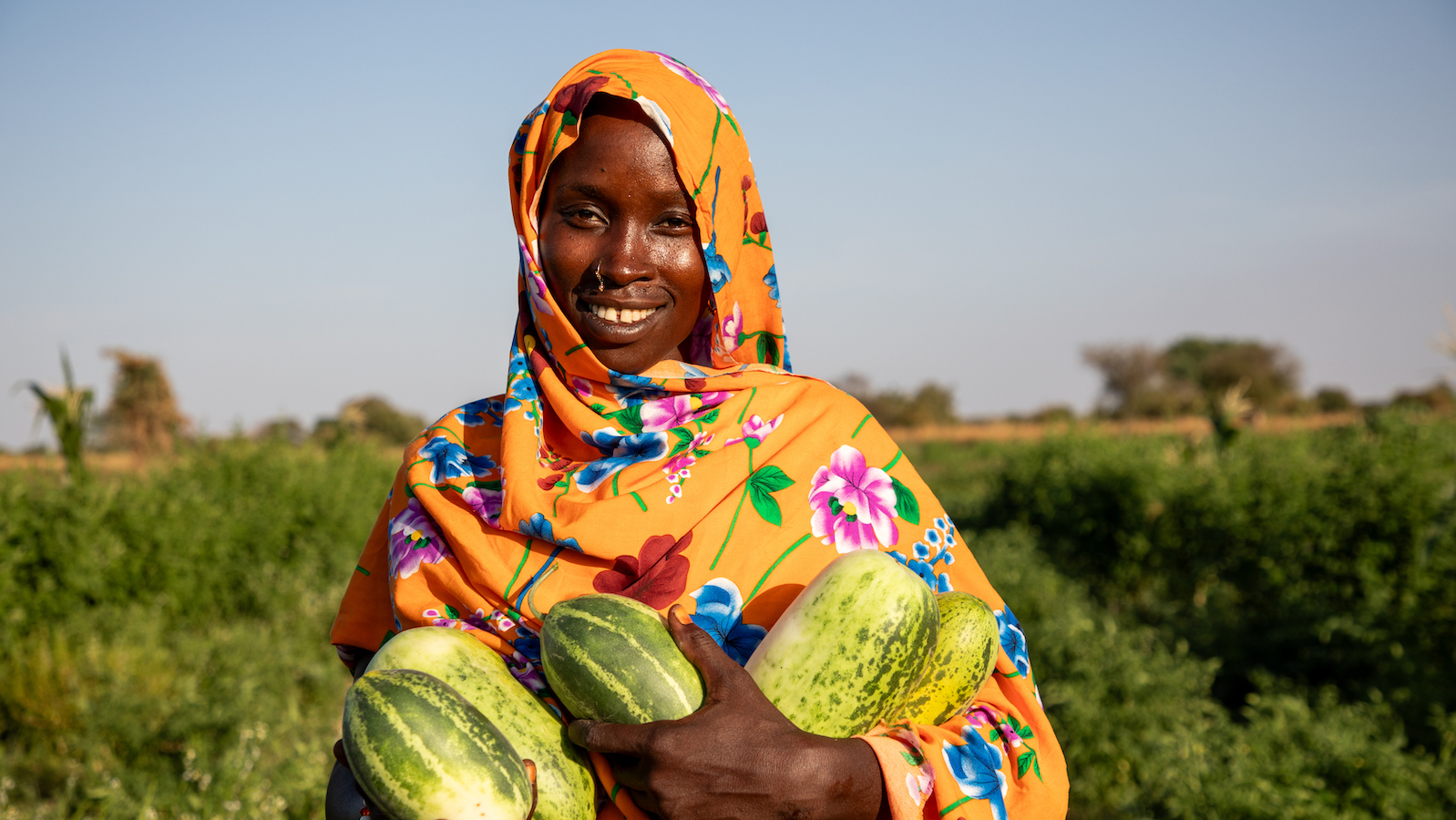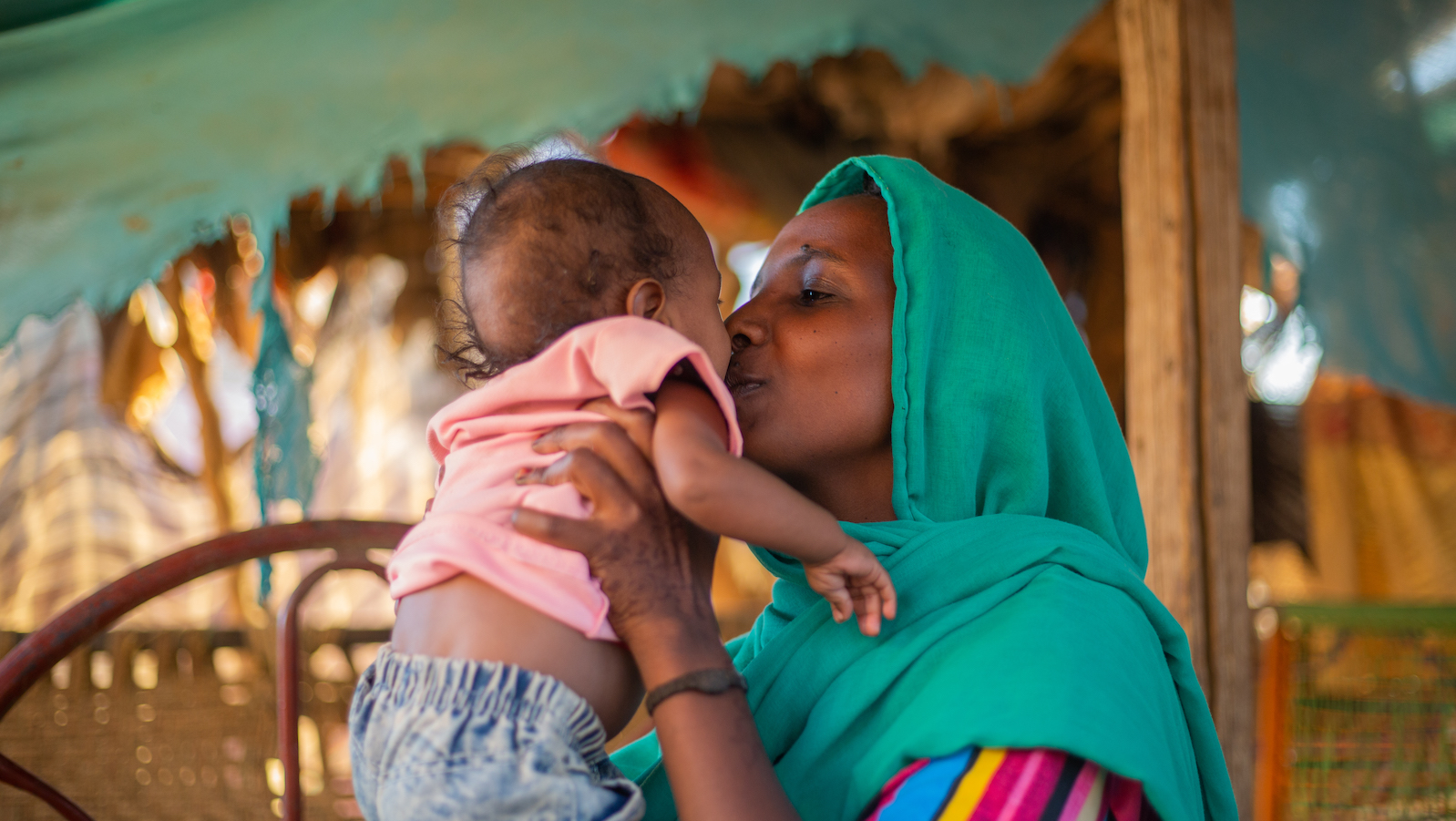Country stats
- Capital: Niamey
- Population: 27.2 million
- People requiring humanitarian aid: 2.9 million
Concern’s response
- Niger program launched: 2003
- Program areas: Education, Emergency Response, Health & Nutrition, Livelihoods
Why are we in Niger?
Niger is one of the poorest countries in the world, with 52% of its population living on less than $2.15 a day. The situation has been exacerbated by social and political tensions following a coup d’état in July 2023, which in turn has led to rising inflation rates, power outages, and increased food insecurity.
A fatal combination of insecurity, violence, climate change, and hunger
Niger has faced several challenges over the last decade. The 2023 coup d’état came after a series of coups in neighboring countries, prompted by a rise in attacks across the region by non-state armed groups and declining economic prospects. This has led to over 13 million Nigeriens living in poverty.
Between chronic vulnerability and armed conflicts, more than 2.9 million people in Niger are currently in need of humanitarian assistance. Many of these people are also displaced due to conflict, including over 335,000 internally-displaced Nigeriens and 305,000 refugees from the region.
The country’s geography — landlocked and predominantly located in the Sahara Desert — leaves only one-eighth of the land considered arable; however 80% of the Nigerien workforce relies on agriculture and livestock for their livelihood. Niger is also extremely vulnerable to the effects of climate change, which in recent years has led to a significant food crisis. The IPC estimates that 3.2 million Nigeriens — just over 10% of the population — will face high levels of food insecurity this year, including more than 430,000 children.
Latest achievements
Healthcare
Concern has facilitated access to healthcare for 10,446 people — including 5,421 women (28 of whom attended antenatal care sessions). Additionally, 294 children under the age of five were treated for diarrhea and 146 were treated for acute malnutrition.
Disaster risk reduction
As part of our resilience work to offset the effects of climate change in Niger, we restored over 1,200 acres of degraded land between 2023 and 2024.
Education in emergencies
In the 2023-24 school year, we provided access to education via 82 audio clubs for over 2,300 children in villages where schools have closed.
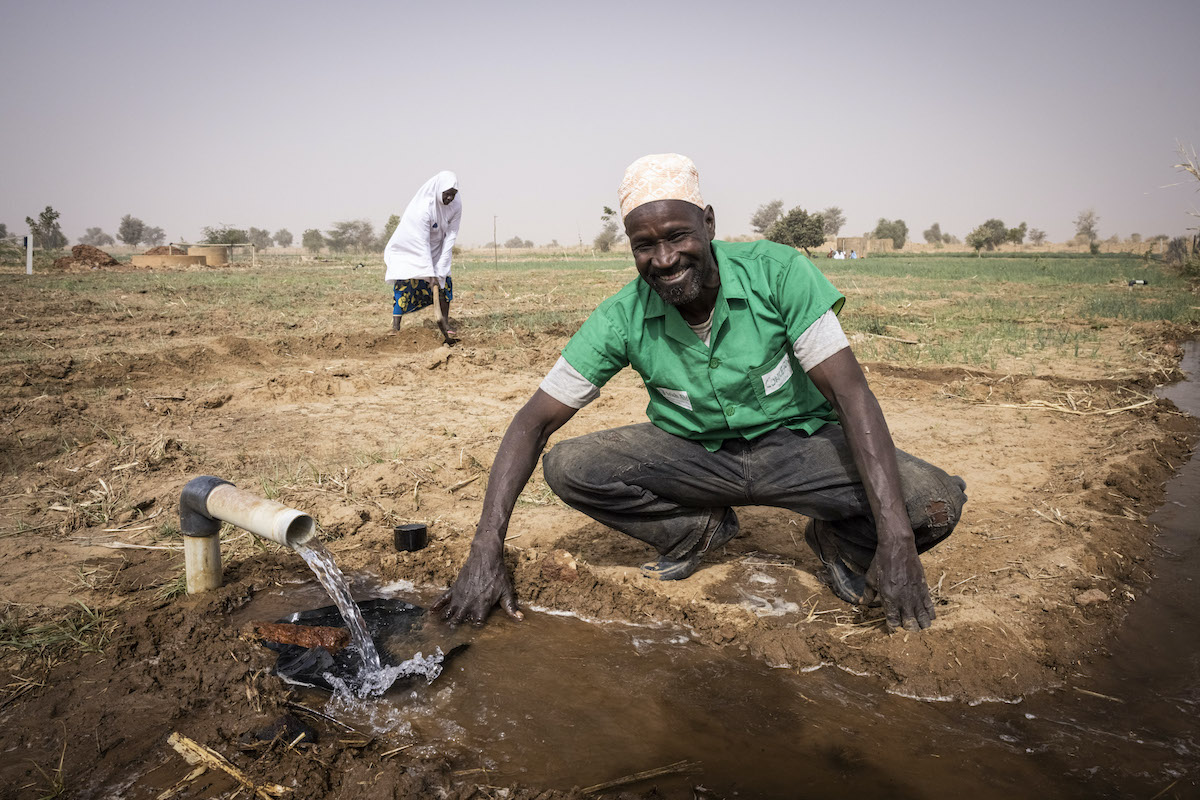
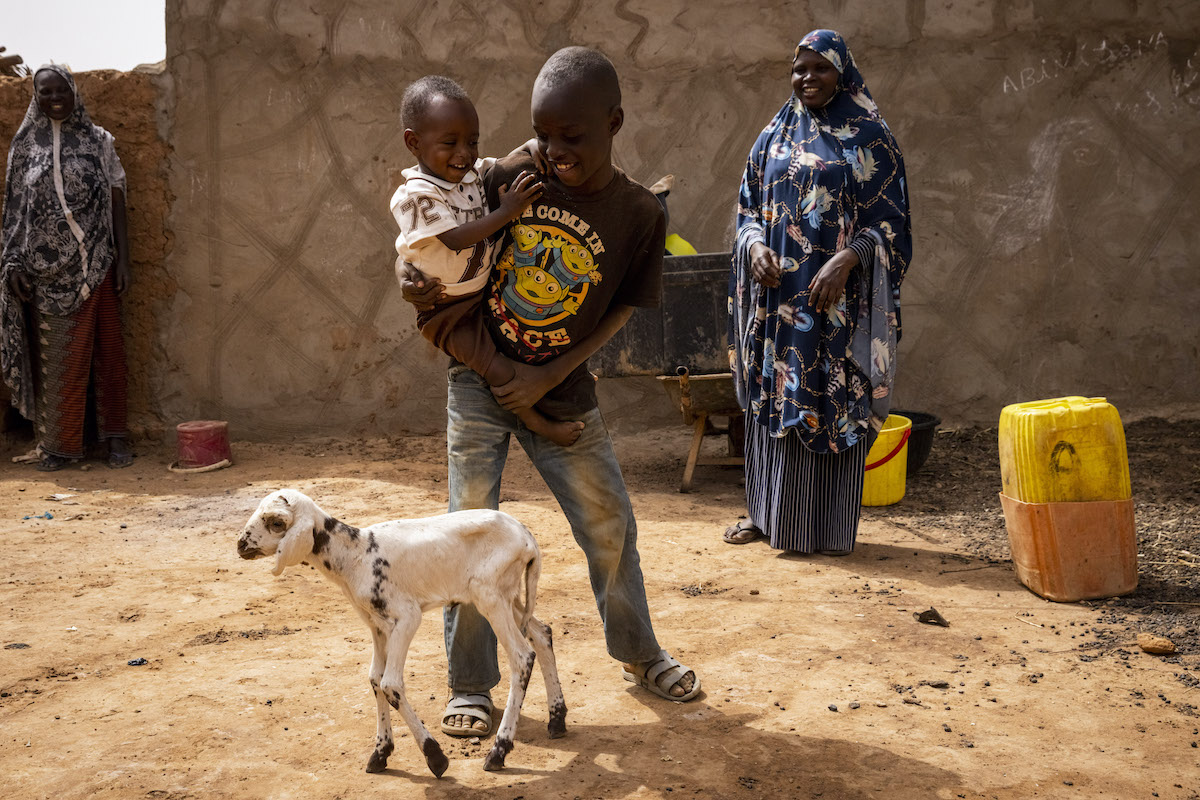
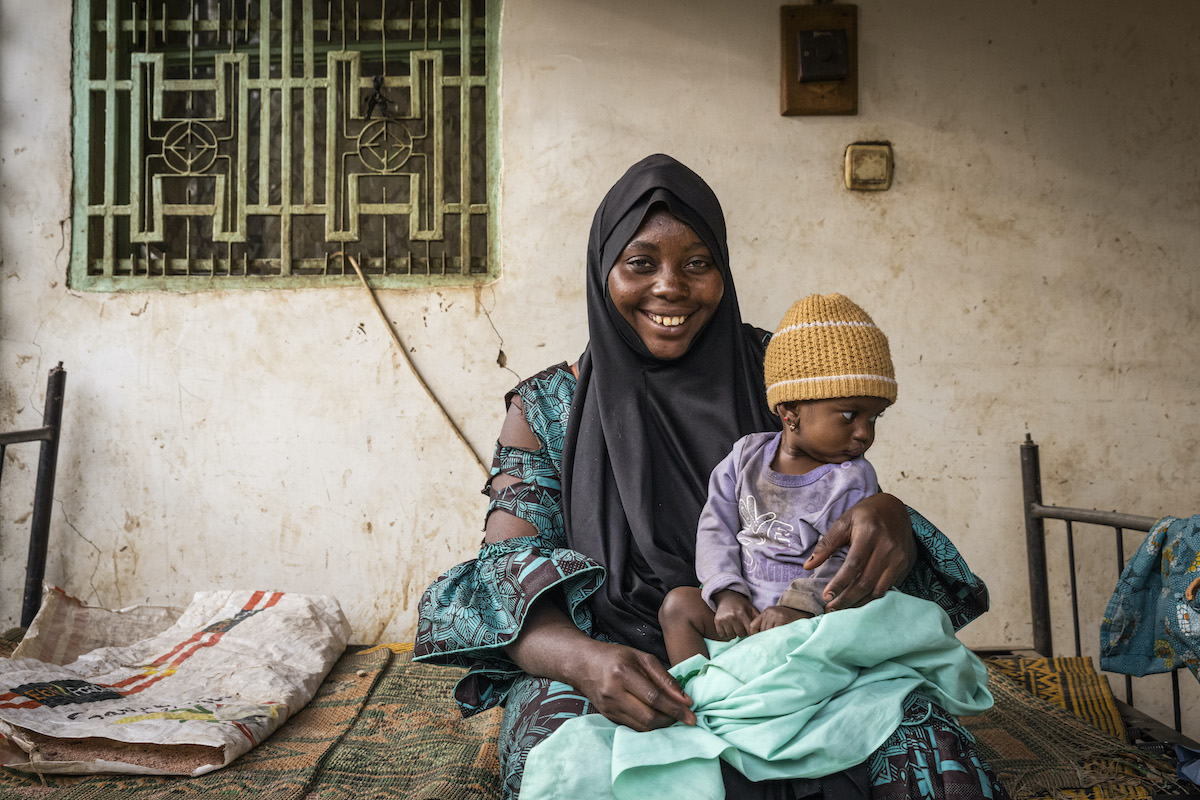
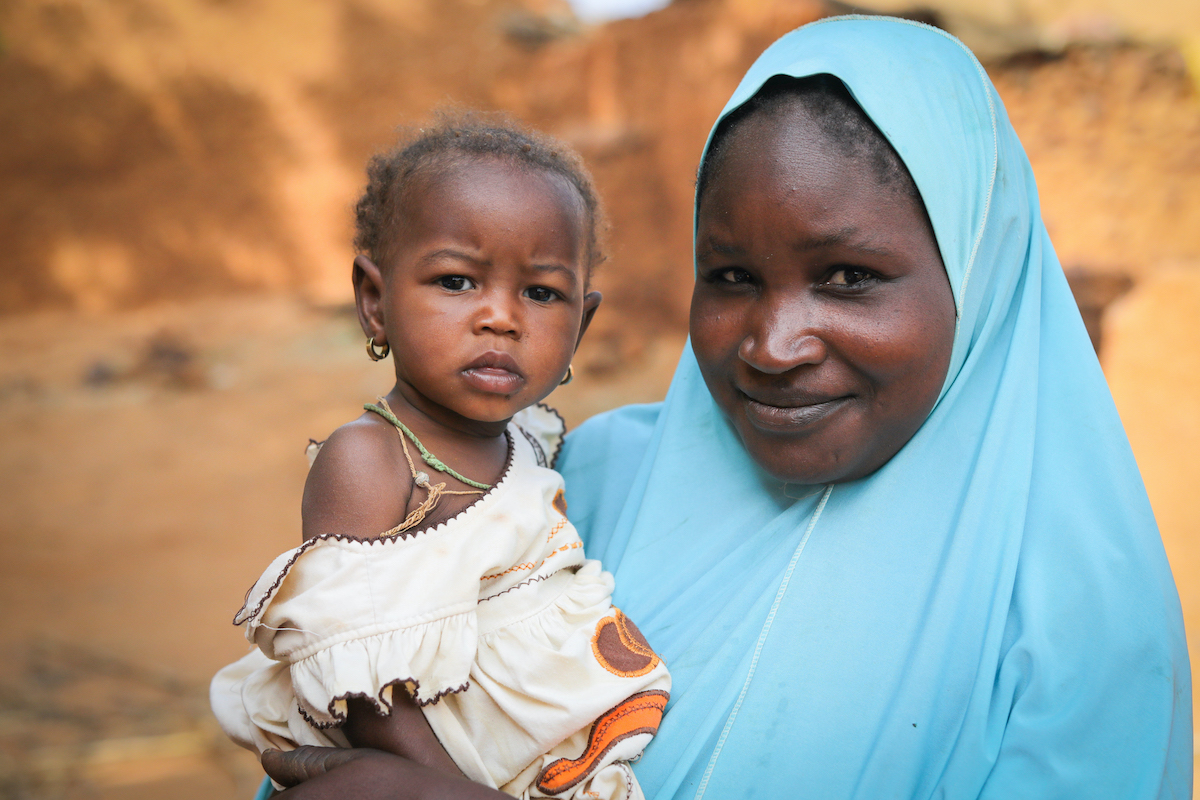
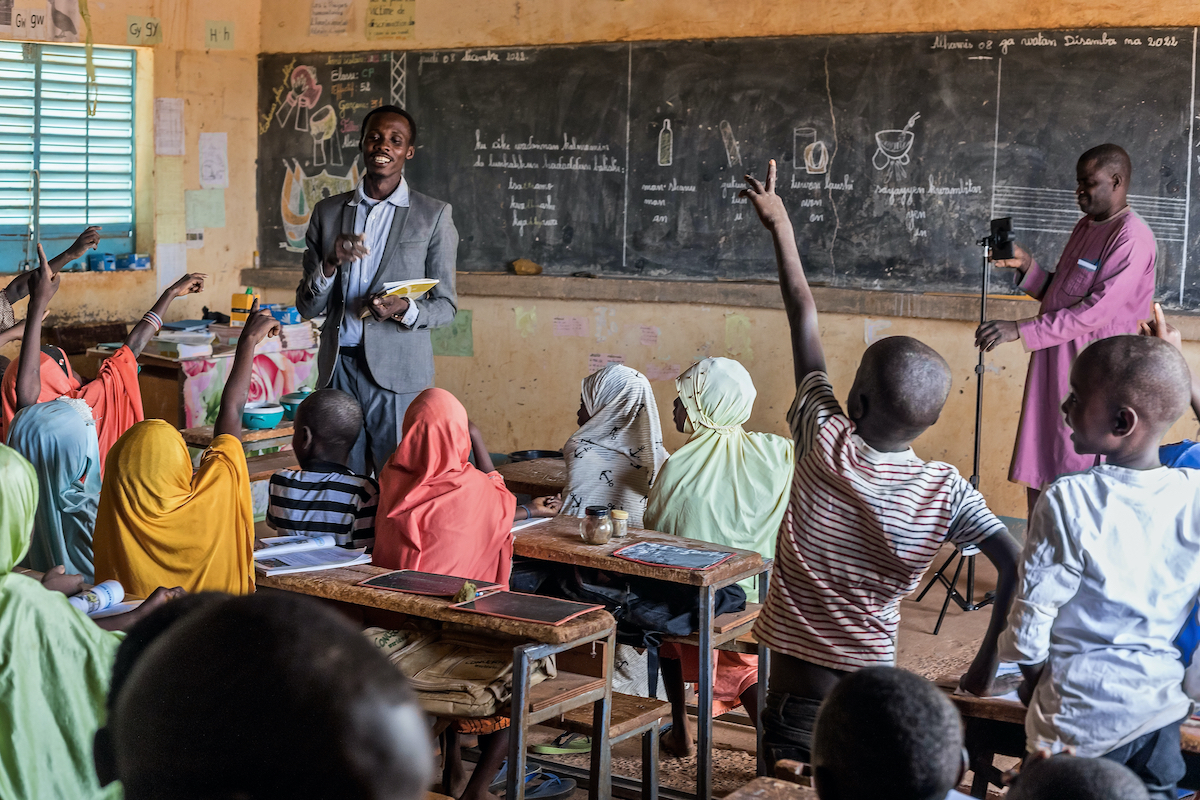
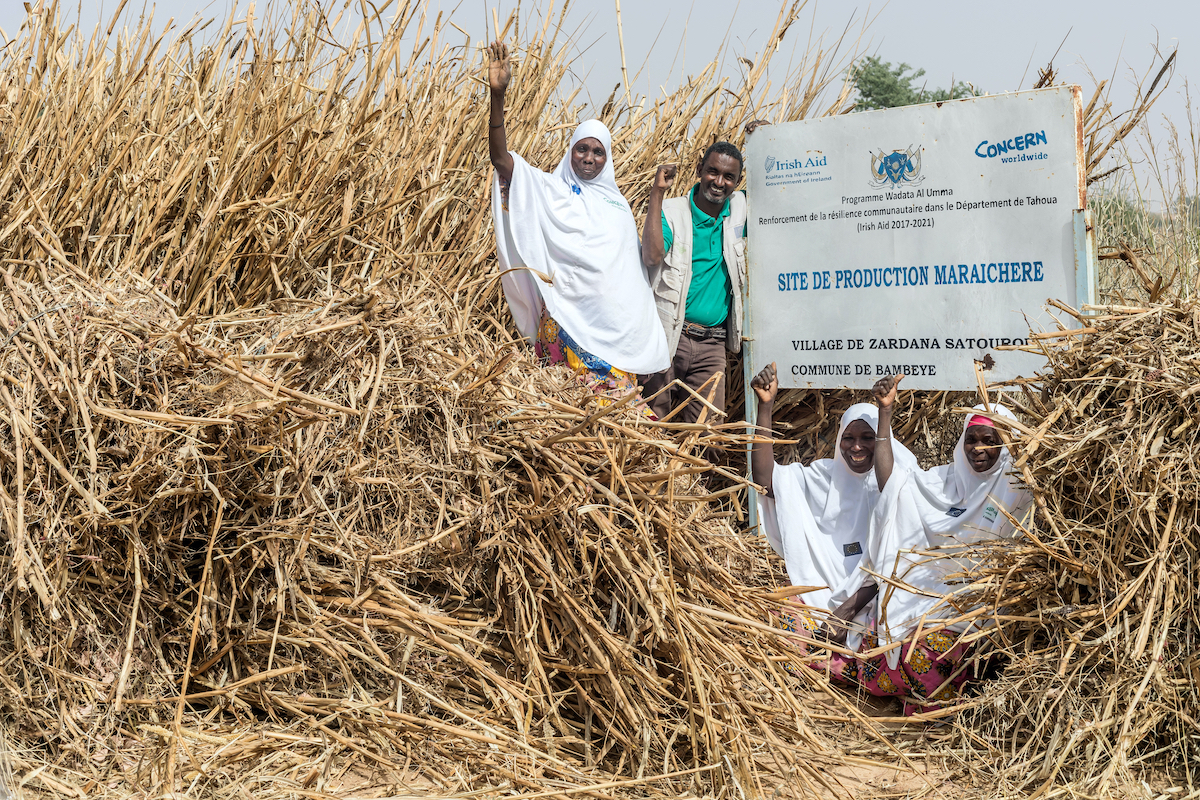
Our work in Niger
Our response in Niger focuses on tackling the structural causes of extreme poverty through health, nutrition, livelihoods, and education support.

